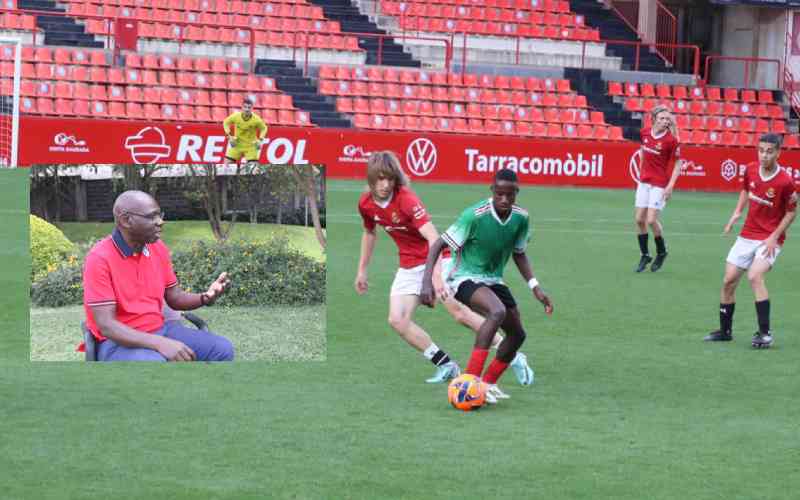Over the last couple of weeks, I have discussed what we ought to expect from leaders in their public and private lives. This week, I continue in the same vein, with a focus on how our leaders interact with the rest of the public.
What do politicians think of the average Kenyan? Do they see in us anything more than potential voters? What should we do to make the political, social, and cultural relationships between our representatives and us more meaningful?
To derive a model of what should drive these relationships we need to go back to the founding President and Vice President of the republic, Jomo Kenyatta and Oginga Odinga. While the two men differed on how to organise the national economy, they were very similar in their personal views on how a good leader should relate to those he purports to lead.
Take the example of Kenyatta. The then president famously insisted on spending his nights in Gatundu, his home constituency. While rumours abound that this was because he believed State House was haunted, Kenyatta’s stated purpose was that as a leader, he wanted to serve as an example to his constituents. His idea of a good leader was someone in a privileged position who lives his life as a demonstration to others. For those in public office, this meant using public positions to advance private interest and then serving as an example to others. This belief is what partially motivated his castigation of Bildad Kaggiah, who at the time had not used public office to make private wealth for himself.
The same can be said of Odinga. While many have pigeon-holed him as an avowed socialist, Odinga had that very Kenyan capitalist instinct. Like many aspiring businessmen of the independence era, he was central to the formation and running of the Luo Thrift and Trading Company (LTTC). And like the famous land buying SACCOs of the post-independence era, LTTC was basically an outfit that pooled resources from the wider Nyanza community for the benefit of a few at the top, who would then inspire others to engineer similar schemes.
Looking back, we have myriad reasons to fault these leaders for their corrupt ways. But as we do so let us not lose sight of the reasons that animated their choices. Unlike many of our current leaders, these were not mindless thieves. They were very explicit about what they thought they were doing: accumulating resources that they would then use to design and implement production and consumption habits that would serve as examples to the wider public. In other words, they understood the critical need to transform the Republic.
I reiterate. This account is not meant to sanitise the independence generation. Rather it is a challenge to our current leaders.
Is there more to being a leader than owning a big house, marrying more wives, driving an expensive car, and having several real estate investments? What sort of examples do our leaders offer to the less fortunate among us? What kind of society do they imagine us to be?
Development — something that many of our leaders claim to aspire to — is not just about material accumulation. It is also about engendering middle class habits and values in all of us — a commitment to family, hard work, self discipline, and an understanding of who we are. The histories of developed countries tell us that these outcomes do not magically appear. They are the result of methodical investments in the “software” that drives the wider public by elites.
Instead of basking in the glory of being Waheshimiwa in a sea of poverty, mediocrity, and dust, our leaders should aspire to lift us all to a respectable standard of living, thinking, and being.
 The Standard Group Plc is a multi-media organization with investments in media
platforms spanning newspaper print operations, television, radio broadcasting,
digital and online services. The Standard Group is recognized as a leading
multi-media house in Kenya with a key influence in matters of national and
international interest.
The Standard Group Plc is a multi-media organization with investments in media
platforms spanning newspaper print operations, television, radio broadcasting,
digital and online services. The Standard Group is recognized as a leading
multi-media house in Kenya with a key influence in matters of national and
international interest.
 The Standard Group Plc is a multi-media organization with investments in media
platforms spanning newspaper print operations, television, radio broadcasting,
digital and online services. The Standard Group is recognized as a leading
multi-media house in Kenya with a key influence in matters of national and
international interest.
The Standard Group Plc is a multi-media organization with investments in media
platforms spanning newspaper print operations, television, radio broadcasting,
digital and online services. The Standard Group is recognized as a leading
multi-media house in Kenya with a key influence in matters of national and
international interest.







